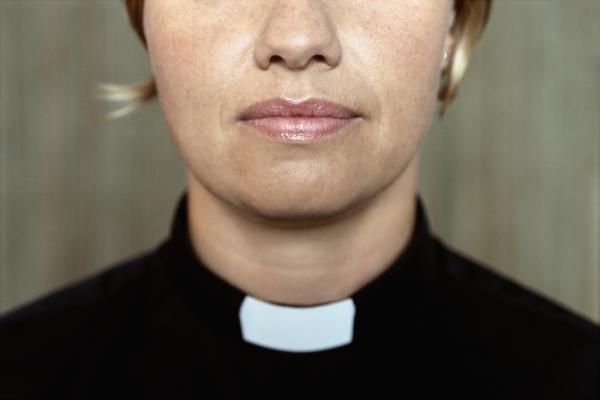In an interview that aired last week, Stephen Colbert — possibly the only Catholic whose popularity rivals Pope Francis himself — admitted that one of the times the Eucharist felt “most real” to him was when he attended an Anglican service and heard a woman consecrate the bread.
“The freshness of hearing a woman say that gave the message a universality that it always should have,” said Colbert.
Today, if you walk through the red doors of an Episcopal church on Sunday morning, the person presiding over the Eucharist might be female, gay, lesbian, bisexual, or transgender. But on Sept. 12, some of the first women ordained as Episcopal priests reminded the church: it hasn’t always been that way.
Forty years ago last week — before women were allowed to be priests — four women were "irregularly" ordained as Episcopal priests before the altar of St. Stephen and the Incarnation in Washington, D.C. Closely linked with the "irregular" ordination of eleven women in Philadelphia (the “Philadelphia Eleven”) the previous year, the ordination of the Washington Four — Lee McGee Street, Alison Palmer, Betty Powell, and Diane Tickell — is seen by many as a key step in securing women’s ordination in the Episcopal Church.
Read the Full Article

